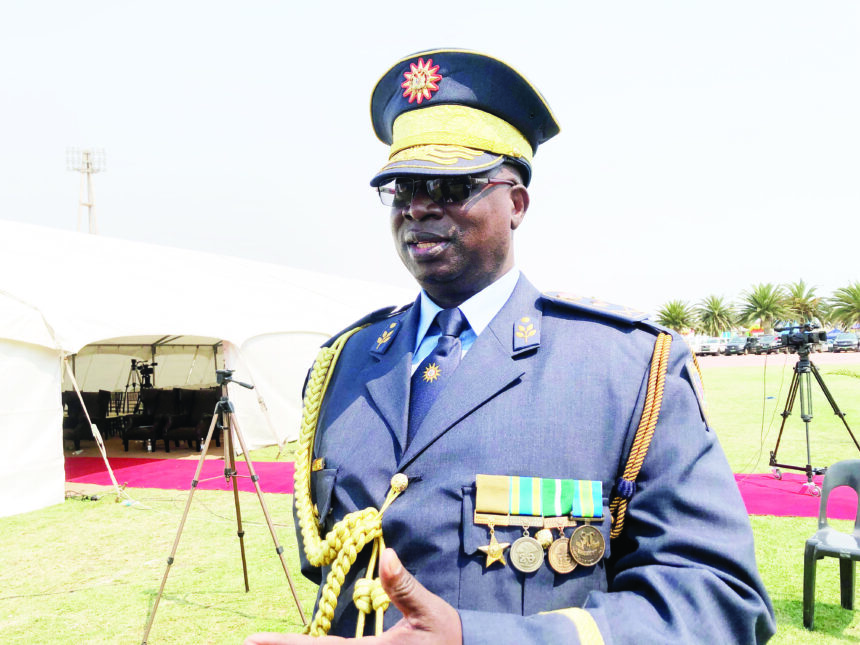SWAKOPMUND – Namibia has investigated and prosecuted child trafficking cases involving 28 children within the country, as well as from neighbouring countries between 2021 and 2023.
Since April 2023 to date, eight cases have been reported, five of which are currently on the court roll.
At least one person has been convicted under the Combating of Trafficking in Persons Ac,t as well as the Child Care and Protection Act.
These emerging child trafficking cases are attributed to Namibia’s porous borders, where the country experiences an influx of children from neighbouring countries in search of better living conditions.
These figures were presented by gender equality minister Doreen Sioka and Erongo police commissioner Nikolaus Kupembona during this year’s commemoration of the World Day Against Trafficking in Persons. It was held under the theme ‘Leave no Child Behind in the Fight Against Trafficking in Persons’.
The event was held in Swakopmund on Tuesday.
Kupembona stated that children are trafficked the most, and they end up being exploited for forced labour in Namibia.
“Based on the identified trend of the trafficking of young boys between Angola and Namibia, and between Zambia and Namibia for employment as cattle herders or domestic workers, we are reminded to closely monitor the situation, and maintain close relations with law enforcement and other relevant stakeholders in the neighbouring countries,” he appealed.
Sioka said there is a need to assess and enhance prevention initiatives, improve the identification and protection of victims of trafficking as well as prosecute traffickers.
“A decade ago, the understanding and knowledge in defining trafficking in persons primarily involved women trafficked from poor countries into affluent countries for sexual exploitation,” she said.
She added that there is greater awareness about the diversity of trafficking, which affects women, men, girls and boys.
Moreover, the various ways in which victims are exploited include labour, sexual, forced marriage and organ removal.
She asserted that children are mostly trafficked for commercial sexual exploitation and labour exploitation, including domestic servitude, agricultural work, factory work and mining.
As a result, she said affected children are deprived of a good family, education and a bright future that every child deserves.
“They face numerous challenges, such as social exclusion and health risks. In some instances, children are trafficked by people they know. Hence, parents and caregivers are urged to always ensure the safety of children,” she urged.
She said there are increasing reports of domestic trafficking, showing that trafficking may take place within a single country.
Erongo governor Neville Andre said the region has in recent times experienced a case of human trafficking.
He highlighted that there is a greater need to protect and support victims of trafficking, and to ensure that necessary assistance is provided to help them recover and reintegrate them into society.
“We are a region with entry ports, including an international airport, harbour and long-distance trucks, all of which can be used for human trafficking,” he said.
He called for international cooperation and collaboration, encouraging countries to continue working together to tackle the transnational nature of human trafficking.
“Human trafficking is real, and does not only happen in movies. We must continue to educate the public and stakeholders about the signs of human trafficking and ways to prevent it so that we reduce the incidence of trafficking, and protect vulnerable populations,” he said.
-edeklerk@nepc.com.na
Caption:



